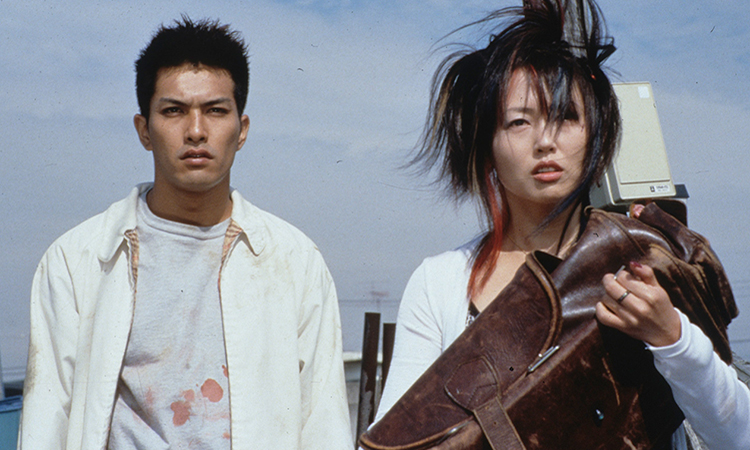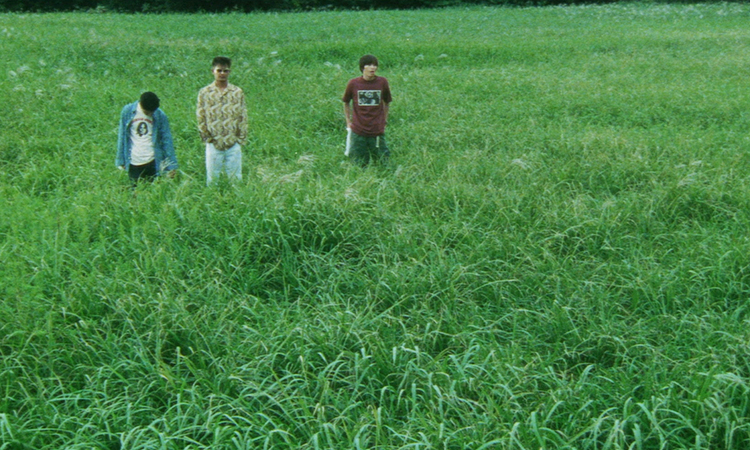LEY LINES
Takashi Miike, Japan, 1999, Arrow Films, Cult“I can sympathize with feeling alien among other human beings. In LEY LINES, that's focused through an internal realism of four kids just trying to fucking live.”
—Willow Maclay, LETTERBOXD
After years working almost exclusively in Japans’s “V-cinema” (direct-to-video) world, Takashi Miike announced himself as a world-class filmmaking talent with a trio of wild, character-centric crime stories about violence, family, the Japanese underworld, and finding one's place in the world. Miike's first works made specifically for theatrical release (known as the “Black Society Trilogy” and including SHINJUKU TRIAD SOCIETY, RAINY DOG and LEY LINES), were the beginning of his international renown. LEY LINES follows a trio of Japanese youths of Chinese descent who escape their semi-rural upbringing and relocate to Shinjuku, where they befriend a troubled Shanghai prostitute and fall foul of a local crime syndicate. Like many of Miike’s movies, LEY LINES examines the underbelly of respectable Japanese society and the problems of assimilation faced by non-ethnically Japanese people in Japan.


